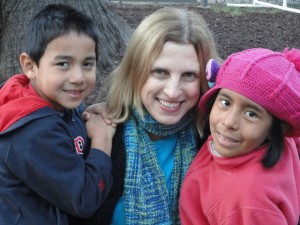The current issue of Harvard University’s ReVista magazine is dedicated to Guatemala. Thanks to Harvard’s David Rockefeller Center for Latin American Studies, the magazine is available online and free of charge, although donations are welcome. Here is the mission statement:
ReVista: Harvard Review of Latin America, published three times yearly, focuses on different themes related to Latin America, Latinos/as, and the Iberian peninsula. The magazine-length publication brings together different voices on each theme, highlighting the work of Harvard faculty, students, alumni and Visting Scholars.
In her introductory Editor’s Note, titled “Legacies of Violence,” June Carolyn Erlick talks about reading the contributors’ manuscripts, and the complex portrait they paint of Guatemala. She concludes with this observation:
“…as I read the incoming articles, I wondered, is the glass half full or half empty? Guatemala is exploding with projects and ideas and filled with brave men and women intent on transforming society. It is also filled with sadness and corruption and underdevelopment and inequalities and all the legacies of violence that it has inherited over the centuries. I don’t know. Dear reader, I leave it to you and these pages to decide about Guatemala and the proverbial glass.”
For anyone interested in Guatemala, each article is profound in a different way, whether it speaks to the country’s present or past, textiles or languages. The author of a fascinating article on Peten is Mary Jo McConahay, co-producer of the documentary Discovering Dominga. Do yourself a favor and take a look at the issue. Better yet, order yourself a copy. It’s sure to come in handy when your child asks questions about Guatemala or announces she has a social studies project on her ethnic heritage, due tomorrow.
A quick note: Next week, I’ll be reading in New Mexico, and the week after that, in Durham, North Carolina; and Bryn Mawr, Pennsylvania. Washington, DC is also on my itinerary this month, but that event is at a private home. If you live in the D.C. area, and are really, really interested in coming, please send me an email and I’ll ask the host if she can fit one more. The date is Thursday, January 20.
Meanwhile, here are my dates in Santa Fe, Albuquerque, and elsewhere. For my full schedule, including summer readings in Iowa and at the Squaw Valley Writers’ Conference, click on the EVENTS tab. Hope to see you somewhere soon! (more…)



 ShareThis
ShareThis